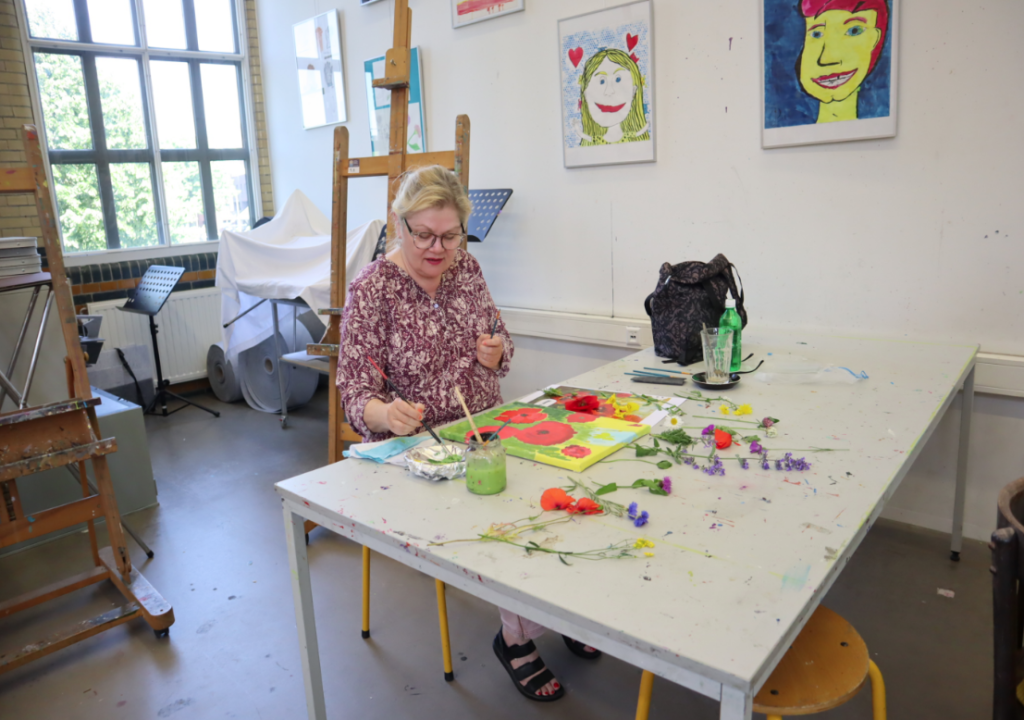This article was published on CourseStorm, a platform which provides accessible, online education registration and management support for organizations that offer classes and programs to the public — many of which focus on arts education. Featured in the article is Heather Ikemire, Lifetime Arts’ Executive Director, who shares why now is the time for organizations and educators in the arts field to engage older adult learners and the myriad benefits of offering creative aging programming in their communities. Heather also shares examples of successful programming across the country and free resources which we have developed for organizations to utilize when getting started in this work.
In this issue, we explore the emerging research and practices of social prescribing for the arts (SPA) and discuss the future of SPA efforts as a vital component of arts and health services in the U.S., especially for older adults. This issue starts framing answers to key questions related to the challenges and opportunities this practice surfaces in healthcare and creative aging. Featured in this issue is a recorded conversation between three leading experts on SPA in the U.S.: Tasha Golden, S. Sudha, and Käthe Swaback.
*This email is an abridged version of our our full issue, which contains in-depth analysis and numerous resources on social prescribing. You can read the full issue here.


